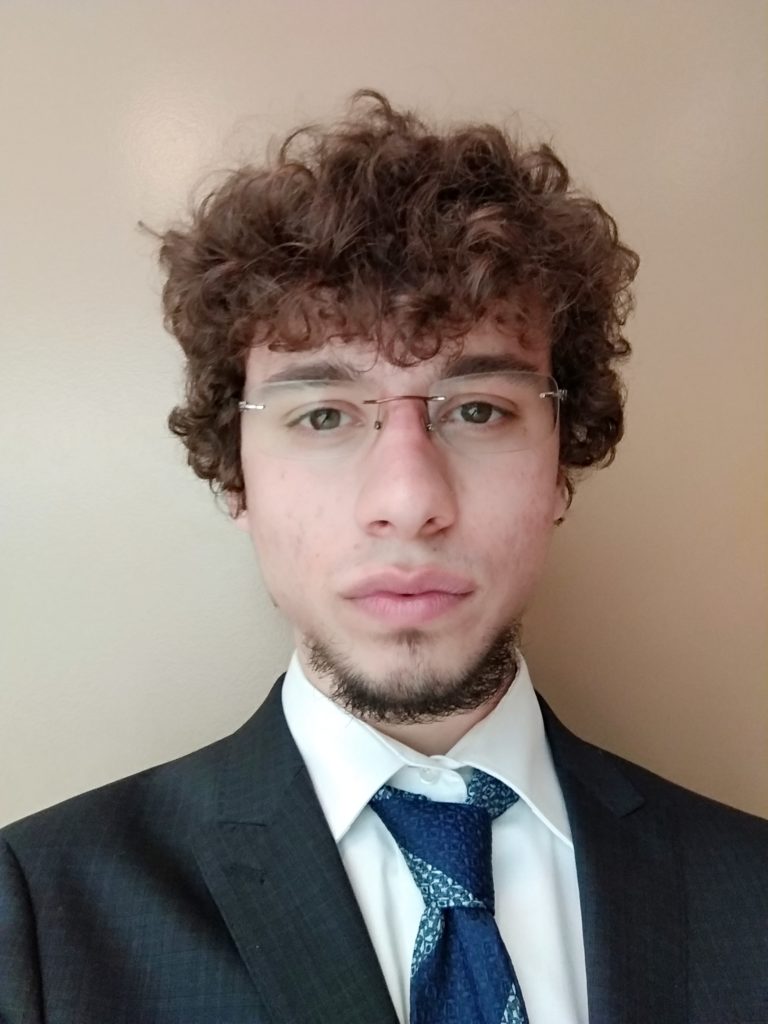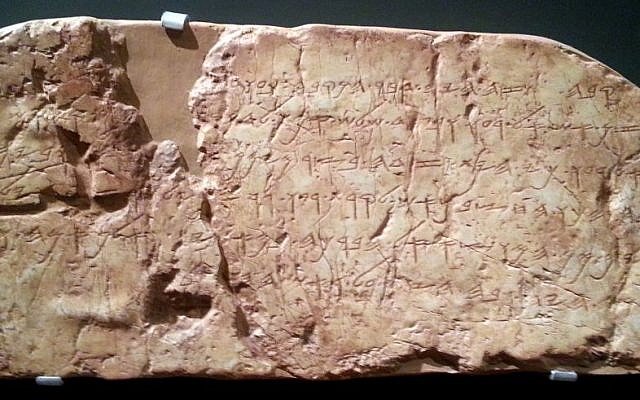We do not have to account to anybody, we are not to sit for anybody’s examination and nobody is old enough to call on us to answer. We came before them and will leave after them.
Ze’ev Jabotinsky, Instead of Excessive Apology (1911)

March 3, 2019, would appear to be a day of accidental, unusual mistakes. An annual parade in Belgium was graced with a parade float called “Shabbat Year,” festooned with caricatures of Jews, clutching the bubonic corpses of rats and standing over piles of money.
When condemned viciously across the globe, the creators of the float were shocked that their work was offensive as it was merely meant to be a pun on the words “sabbatical,” which they were planning to take in the near future, and Shabbat, the weekly Day of Rest in Judaism.
The twisted faces and giant noses of the Jewish stereotypes on the parade float resembled the Canaanite-costumed clown from the ceremonial “Running of the Jew” in the 2006 comedy Borat. On the same day, halfway around the globe, San Francisco State University professor and Arab and Middle Eastern Diaspora Studies (AMED) department chair Rabab Abdulhadi released a Facebook livestream and post decrying “the Zionist designs” that have allegedly worked with the university’s administration to limit her academic influence on campus.
With the backdrop of caricatures resembling the Running of the Jew, Abdulhadi has created a caricature of Zionism, the right of Jewish sovereignty in the Land of Israel, and found an audience for her own Running of the Zionist.

In her Facebook post, Abdulhadi displays a livestream in which she lectures members of indigenous communities and people of color on the indigeneity of Palestinians to the Southwestern Levant. It is confirmed by genetics, archaeology, and history that Jews lived in the region before “Palestine” was a word on living lips.
Denying Jewish Indigeniety
Studies that dispute Jews’ genetic link to Israel typically focus on skewed or biased results that come from cherry-picking scientific findings–for instance, reporting on DNA passed down from one parent but not from another–and historical analyses to this effect tend to outright lie .
None of this is important to Abdulhadi: when comparisons like hers are made between Palestinians (like herself) and indigenous peoples, this is not due to a mistake or misunderstanding but due to a well-established understanding of the historical Palestinian view of Israeli Jews.
Among the most salient examples of this is a book review of Letters to my Palestinian Neighbor , written by Israeli author Yossi Klein Halevi to whom it may concern within the Palestinian community. The author of the review, written in the format of an open letter, is Raja Shehadeh, a Palestinian lawyer who was involved in peace talks between the Israeli government and the Palestinian Authority.
He writes to Halevi: “[While] claiming a new understanding of and sensitivity to our plight, you rehearse old and discredited narratives, like the suggestion that the land of Palestine was empty before Zionists arrived…ours is not a religious war. It’s a conflict between two nationalities in which one of these, Israel, makes it physically impossible for the other, Palestine, to exercise a right to self-determination…We simply want the right to control our fate.”
The Palestinian people’s perspective, rightfully represented here by a person who spoke on their behalf in the political sphere, is that they lived in the Southwestern Levant prior to a wave of Jews rolling in to tell them what to do, and the mention of the “not…religious war” of the Palestinians means that there is no interest in the legitimacy of Biblical times, be they historical or theological.

As such, mentions of indigenous people’s rights by Abdulhadi and others serve a purpose that is not connected to genetics, history, or archaeology, but to a personal narrative that is immune to compromise.
In addition to purporting to stand for indigenous peoples and people of color, Abdulhadi decries Zionism and its supporters for portraying “all Jews as one monolithic unit, [dismissing] over 4000 years of rich history of Jewish communities that precedes the establishment of the State of Israel.”
While it is true that there were group of Jews preceding the founding of the State of Israel who opposed its creation, these only appeared in the 18th century. Even disregarding the historicity of Jews in Biblical times, the first rabbis–who yearned for a rejuvenated Israel in the future–appeared at the beginning of the Common Era, making Abdulhadi’s target demographic of Jews a blip on the radar of history.
There is no mistaking the crass slander of Rabab Abdulhadi as anything other than a baseless smear of a fundamental human right: the right to sovereignty. The Jewish people, detractors and token Jews aside, are as fully deserving of this right as anybody else. Moreso, even for those Jews who have no opinion on sovereignty or even politics, nobody deserves to be unduly singled out on the basis of their nationhood.
Rather than acting in error, Abdulhadi and others like her appear to willingly embrace a pseudoscientific narrative in order to further a political agenda. One can only hope that she seeks dialogue with a representative sample of Zionist students at San Francisco State University, Jewish and non-Jewish alike, rather than perpetuate bigotry in the name of faux-progressivism.
Contributed by 2018-2019 San Francisco State University CAMERA Fellow Daniel Yeluashvili.
